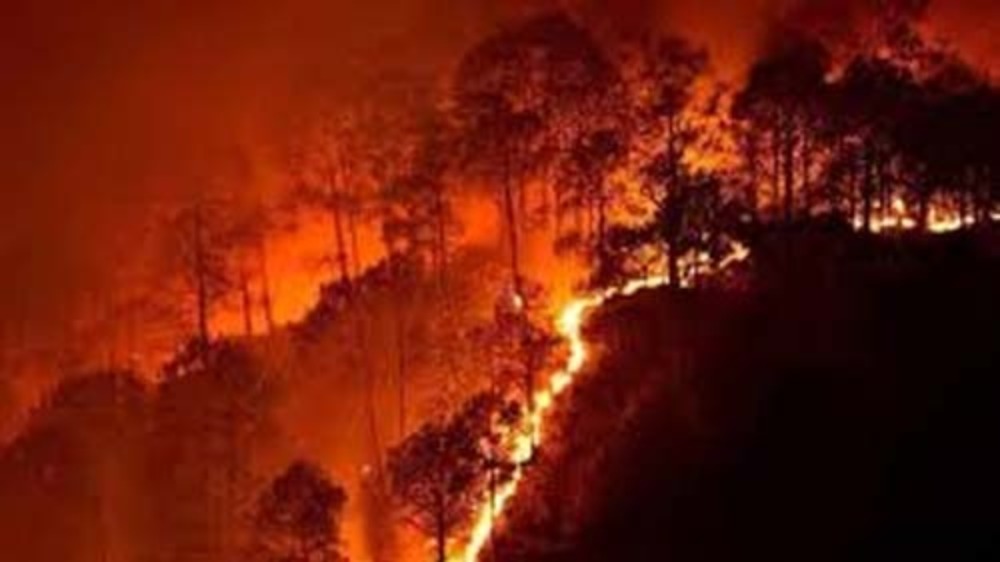What can we learn from government action under pressure?

Urgent and Important - or just important?
Many years ago I received a cease and desist letter.
Part of my role is to seek out and report effective processes and good practice - and then to promote them.
Whenever I find anything from a known source, I make sure to give credit. One of the most useful processes I use is the logical levels model developed by Robert Dilts. Robert has a page on his web site that gives permission for anyone to use his ideas, as long as they acknowledge him. I always refer to the Dilts Logical Levels.
Another excellent model is Steven Covey's Four Quadrants model for time management. Whenever I used it I described it as above. Unfortunately, Steven sold his business to Franklin Covey, and this was the source of the legal letter. As a result I removed all references from my websites and published materials; a loss to my readers. (I think this might have been unnecessary as I was using my own text and artwork - see below.)
The point about the model is that there can be a conflict between urgent matters and important matters; unless steps are taken to manage priorities, important urgent matters can override longer term matters that are more important.
The Coronavirus is a case in point. For many years we have known the consequences of continuing to burn fossil fuels. Awareness is increasing and public pressure to take action. But, although governments are beginning to talk the talk, action has been seriously inadequate.
This is a situation that is extremely important but had not yet, it seemed, been perceived as sufficiently urgent!!
Suddenly the world is threatened with a potential pandemic. Even so, it took a couple of months and hundreds of deaths outside China before governments responded adequately.
Now the world's economy and much of society have been turned on their heads. Unthinkable action has been taken by governments across the world; almost on a war footing.
Why weren't they planning for a pandemic? It is not the first and a global pandemic has been forecast for many years.
At the same time, the forests burn and glaciers melt.
Why aren't governments responding now to the rapid build-up of carbon dioxide in the atmosphere?
Obviously, these issues have not been considered sufficiently important - until they become urgent.
In the face of COVID-19 governments are now demonstrating what extreme actions they can take when it is sufficiently urgent.
It's thirty years since the fall of the Berlin wall. Shell had done scenario planning and were able to respond . At the time Shell were able to respond immediately to this and other crises, because they had been doing scenario planning.
The challenge for boards is to recognise that human nature prefers to avoid bad news until the pain gets great, and to prepare in advance.
Scenario planning worked for Shell.
Nero is remembered for fiddling while Rome burned. What will you be remembered for?
Copyright
Copyright does not protect ideas, concepts, systems, or methods of doing something. You may express your ideas in writing or drawings and claim copyright in your description, but be aware that copyright will not protect the idea itself as revealed in your written or artistic work.



